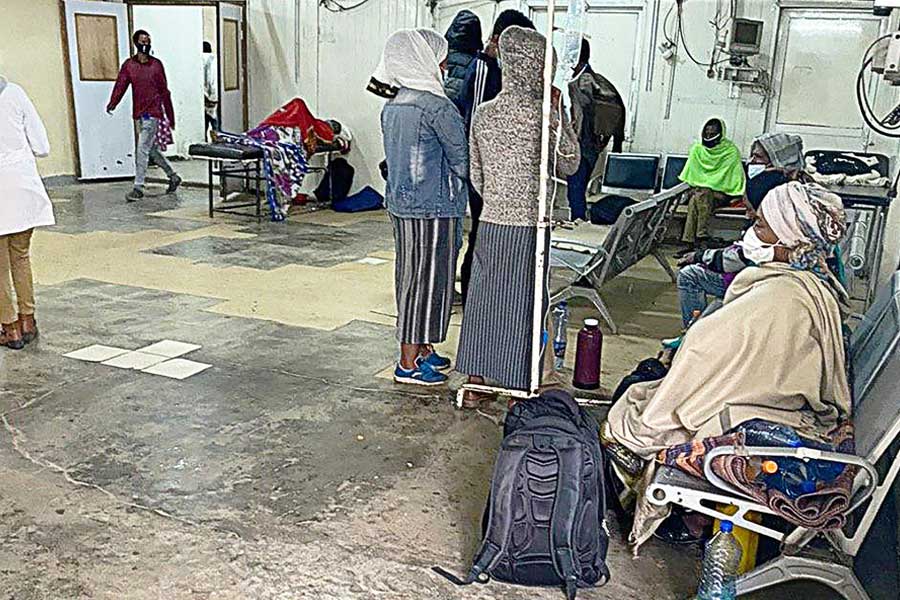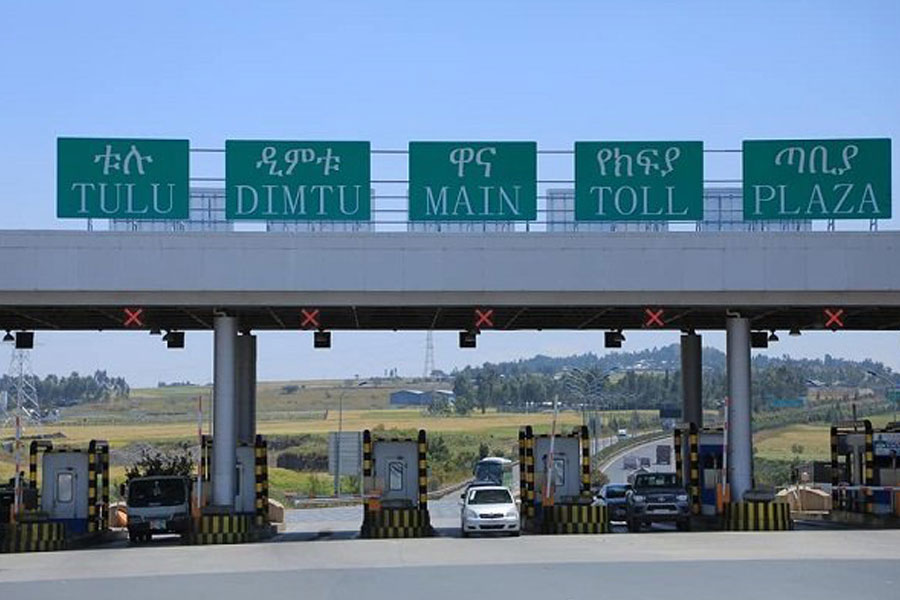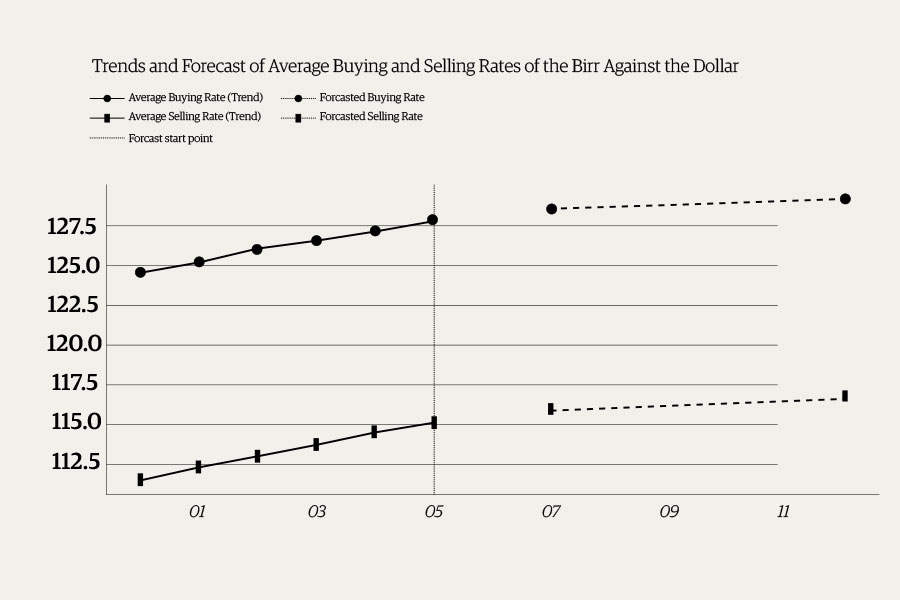
Life Matters | Jan 14,2023
Sep 23 , 2023
By Sonali Johnson
The world's governments were expected to adopt a new set of commitments focused on accelerating the implementation of Universal Health Coverage (UHC) at the second United Nations High-Level Meeting in New York. No resolution would be complete without the explicit inclusion of comprehensive cancer services.
Cancer causes an estimated 10 million deaths each year. Beyond the human suffering, the disease has profound – and growing – economic consequences: by 2030, spending on cancer care worldwide is projected to reach 458 billion dollars. In many countries, patients pay for much of their cancer care out of pocket, a burden that often leads to financial catastrophe.
Investing in cost-effective prevention and early detection strategies is both a moral and economic imperative. Prevention is far cheaper than treatment; where cancer cannot be prevented, early detection makes successful treatment more likely, at a far lower cost.
When cancer does progress, the full range of quality therapies – including surgery, radiation, and chemotherapy – should be accessible and affordable to all. For noncommunicable diseases overall, every dollar invested in cost-effective interventions can generate a return of up to seven dollars through reduced health-care costs and improved productivity. While prevention and treatment are vital, so is palliative care, which alleviates unnecessary suffering for patients, their families, and caregivers. It provides survivorship plans for remaining healthy. In the wake of a pandemic that significantly disrupted palliative-care services, and with a rising number of cancer survivors worldwide, investments in both areas are urgently needed.
Comprehensive cancer care is essential to achieving social development goals related to equality, social justice, and health. With sufficient political will, universal care can be achieved. In Pakistan, the Shaukat Khanum Cancer Hospital network offers world-class cancer care. The King Hussein Cancer Centre has significantly expanded cancer care and scientific research in Jordan, and collaborates with international partners such as St. Jude Children's Research Hospital to deliver care to patients from Syria and Lebanon.
But, countries face many challenges in incorporating cancer care into the Universal Health Coverage schemes.
In Kenya, for example, collaborative efforts by various cancer-control organisations have expanded access to services and removed financial barriers, but reaching rural populations remains difficult. In Indonesia, a decentralised health system has improved health equity, but gaps remain in cancer prevention and early diagnosis. Even in Thailand, which has integrated six areas of cancer control – cancer informatics, primary prevention, early detection, treatment, palliative care, and cancer-control research – into its scheme, improved public awareness initiatives are needed to ensure that the relevant services are being used.
Nonetheless, the Thai model highlights the potential public health benefits of the schemes, including comprehensive cancer care. Recognising that potential, the Union for International Cancer Control, which has more than 1,150 members in more than 170 countries and territories, works continuously with governments and other stakeholders worldwide to develop and implement national cancer control strategies and integrate them into national health insurance plans.
As a goal without a plan is merely a wish, a plan without dedicated resources gathers dust. Unless basic health insurance schemes cover essential cancer services, they will remain inaccessible or unaffordable to many who need them. And where insurance exists, limits on out-of-pocket spending are crucial. Cancer patients often reach their deductible soon after diagnosis, owing to the many required tests and procedures. But treatment often lasts months or years and involves numerous visits to doctors, tests, surgeries, radiation treatments, drugs, and other services.
An effective national cancer-control strategy must reflect a nuanced understanding of cost-effectiveness that encompasses not just upfront costs, but also long-term savings, including improved quality of life and increased productivity. It must also include a commitment to addressing not only the illness itself, but each individual's holistic experience, and a firm resolve to break down financial and cultural barriers that prevent early diagnosis and treatment.
The UN High-Level Meeting provides a rare opportunity to elevate cancer care on the global health coverage agenda. That is why it is welcome news that cancer has been referenced in the meeting's draft resolution. But governments must not stop at lofty pledges and verbal commitments. Only concrete action to implement UHC that includes quality cancer services and accounts for the diverse needs of populations across economic strata and regions can ensure that cancer care does not become a missing piece in the global health puzzle.
This article is provided by Project Syndicate (PS).
PUBLISHED ON
Sep 23,2023 [ VOL
24 , NO
1221]


Life Matters | Jan 14,2023

Covid-19 | Aug 08,2020

Radar | Jun 11,2022

Fortune News | Dec 04,2021

Money Market Watch | Oct 06,2024

Commentaries | Dec 14,2019

Sunday with Eden | Apr 08,2023

Editorial | Feb 12,2022

My Opinion | Sep 27,2025


Photo Gallery | 174671 Views | May 06,2019

Photo Gallery | 164894 Views | Apr 26,2019

Photo Gallery | 155116 Views | Oct 06,2021

My Opinion | 136704 Views | Aug 14,2021
Editorial | Oct 11,2025

Dec 22 , 2024 . By TIZITA SHEWAFERAW
Charged with transforming colossal state-owned enterprises into modern and competitiv...

Aug 18 , 2024 . By AKSAH ITALO
Although predictable Yonas Zerihun's job in the ride-hailing service is not immune to...

Jul 28 , 2024 . By TIZITA SHEWAFERAW
Unhabitual, perhaps too many, Samuel Gebreyohannes, 38, used to occasionally enjoy a couple of beers at breakfast. However, he recently swit...

Jul 13 , 2024 . By AKSAH ITALO
Investors who rely on tractors, trucks, and field vehicles for commuting, transporting commodities, and f...

Oct 11 , 2025
Ladislas Farago, a roving Associated Press (AP) correspondent, arrived in Ethiopia in...

Oct 4 , 2025
Eyob Tekalegn (PhD) had been in the Governor's chair for only weeks when, on Septembe...

Sep 27 , 2025
Four years into an experiment with “shock therapy” in education, the national moo...

Sep 20 , 2025
Getachew Reda's return to the national stage was always going to stir attention. Once...

Oct 12 , 2025
Tomato prices in Addis Abeba have surged to unprecedented levels, with retail stands charging between 85 Br and 140 Br a kilo, nearly triple...

Oct 12 , 2025 . By BEZAWIT HULUAGER
A sweeping change in the vehicle licensing system has tilted the scales in favour of electric vehicle (EV...

A simmering dispute between the legal profession and the federal government is nearing a breaking point,...

Oct 12 , 2025 . By NAHOM AYELE
A violent storm that ripped through the flower belt of Bishoftu (Debreziet), 45Km east of the capital, in...